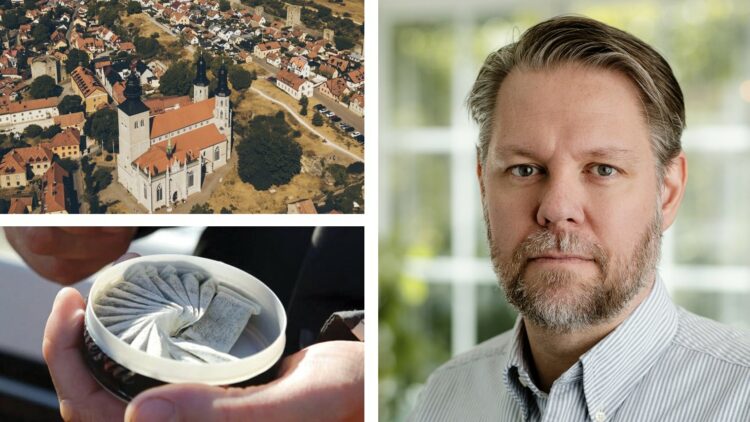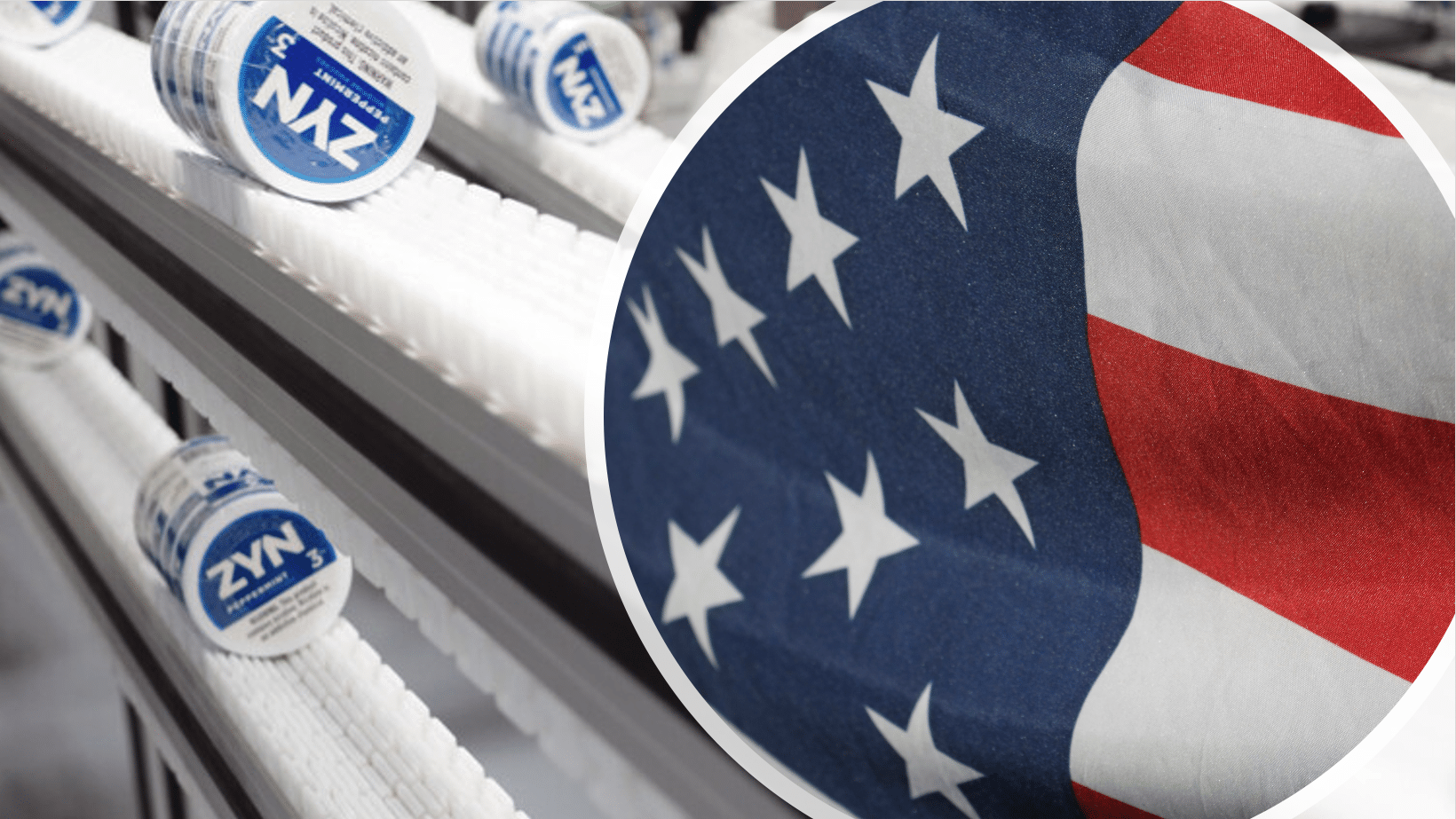
Smoke-free Sweden ‘unlikely’ in 2023 due to nicotine ‘scaremongering’
A lack of factual information from Sweden’s public health bodies and continued nicotine “scaremongering” means it’s unlikely Sweden will celebrate reaching the WHO definition of smoke-free by the end of 2023, says Patrik Strömer, head of the Association of Swedish Snus Manufacturers.
The warning comes in an interview with Snusforumet summarizing Strömer’s impressions from Almedalen, a recently concluded political gathering held every year in Visby on the Baltic island of Gotland.
When asked whether 2023 would be the year Sweden achieved smoke-free status, defined by the WHO as a daily smoking prevalence below five percent, Strömer said, “No, but we’ll get closer.”
The revelation comes amidst growing global interest in Sweden’s journey to become the EU’s first smoke-free country. According to the most recent statistics from late 2022, Sweden’s daily smoking rate stands at 5.6 percent.
Nicotine ‘scaremongering’ to blame
Despite Sweden having two smoke-free generations and less than one percentage point left before dropping below the WHO’s smoke-free threshold, Strömer was nevertheless pessimistic about Sweden’s chances of reaching the historic milestone in the next six months.
“No one would be happier than I would if Sweden ended up reaching the goal, but with all the scaremongering against nicotine, older women and foreign-born men won’t likely switch from cigarettes to something better,” he said, highlighting the two demographic groups in Sweden with the highest smoking rates.
“If public authorities had provided more factual information we had already reached the goal,” he added.
“Smokers are people and voters, they have a right to accurate information.”
Stuck in old misconceptions
Strömer also lamented a lack of pride among Swedish politicians, who have been reluctant to embrace and amplify the role of snus and other less-harmful nicotine alternatives in helping put smoke-free status within reach.
“I hope that more Swedish politicians from across the political spectrum make sure to tell others why Sweden will soon be a smoke-free country,” said Strömer.
“Many politicians are still stuck in the old misconceptions that it’s nicotine that’s dangerous, not the smoke from cigarettes. And it’s hard for people to admit it when they’re wrong.”
Pouch bans risk ‘sabotaging’ EU’s single market
While he said had Sweden “performed well” under difficult circumstances during its EU presidency, which ended on June 30th, he added that “basically nothing happened” with regard to snus.
“It’s really strange that the EU doesn’t look at the country with the lowest risk of lung cancer when formulating its new strategy to beat cancer,” Strömer added.
As different EU member states look at enacting new restrictions on nicotine pouches, he hoped EU regulators would also look at Sweden’s example.
“Sweden already has functioning legislation for nicotine pouches. It’s really just a matter of harmonsing things at the EU level,” he said.
“Furthermore, nicotine pouches are now present in the internal market and regulated by law, so under the principle of mutual recognition, banning nicotine pouches is like sabotaging the EU’s single market.”




